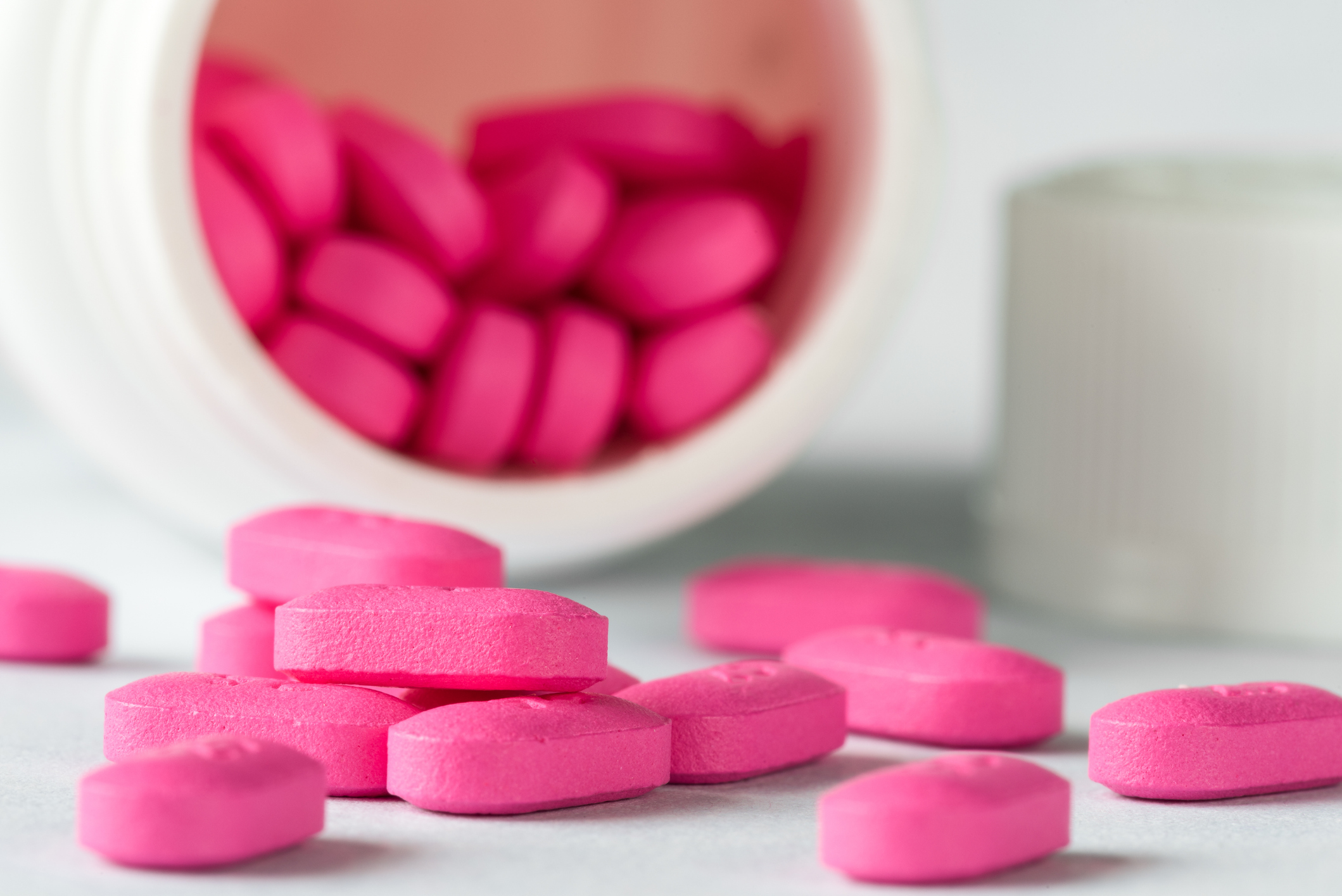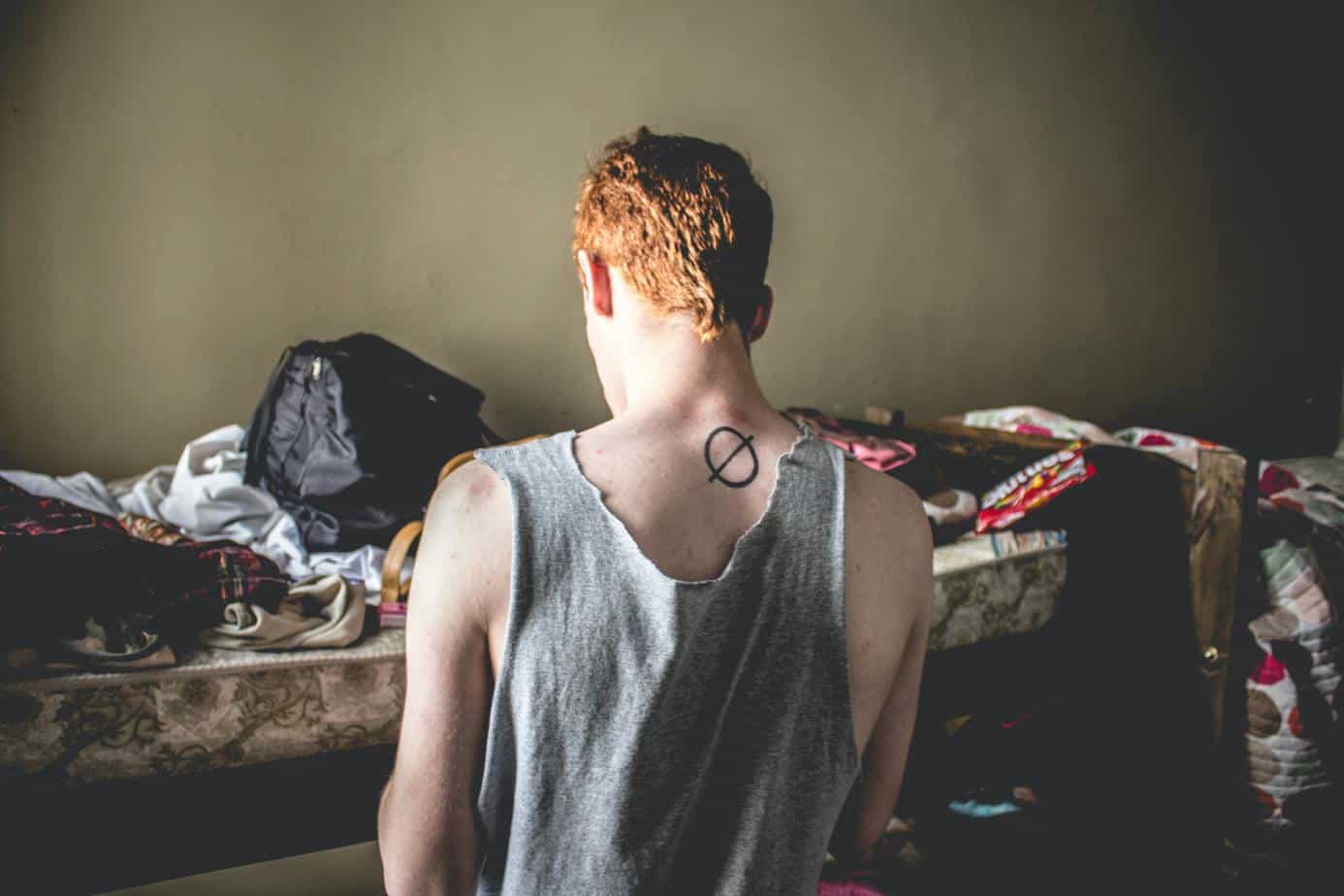For many women, the stress of motherhood can take its toll. Trying to keep up with the needs of their children – in addition to the needs of a household, career, or spouse – has caused many busy mothers to resort to relying on “helpers.” These “helpers,” as they are referred to, are often prescription painkillers.
More than 8 million women ages 26 and older admitted to using prescription medications for unintended uses in 2008 — a large portion abused prescription painkillers. And as the opioid epidemic spreads across the nation, the number of mothers hooked on drugs continues to soar.
How Addiction Begins
It may be difficult to imagine a mother purchasing drugs in dark back alleys. Or hiding needles and spoons in the back of drawers. But no one bats an eye when they see a mom taking a pill. The over-prescription of drugs has made taking prescription medications so common that some forget just how dangerous they can be.
Oftentimes, addiction develops when an individual is prescribed painkillers after an injury, surgery, or to manage chronic pain. These powerful opioids not only alleviate pain but can also provide a euphoric effect. When some individuals experience this, they begin to crave the drug more and more, leading to prescription pill abuse.
Because these are legal medications, busy mothers might justify taking a few more pills than prescribed as a harmless way to manage stress, but self-medicating is often a slippery slope into addiction. Before they know it, moms may find themselves taking drugs like oxycodone while making breakfast, before a big meeting, or during their child’s soccer game.
What Makes Prescription Painkillers So Addictive
Opiates are the active ingredients in prescription painkillers that cause the brain to release an increased amount of the pleasure-boosting chemical dopamine. Over time, the mind becomes dependent on this feeling and begins to believe that it needs the drug to function properly. Dependence can occur fairly quickly and withdrawal symptoms can be extremely painful, which makes discontinuing use challenging.
Common Opioid Withdrawal Symptoms
Signs of Prescription Pill Addiction
Recognizing substance abuse among mothers can be particularly challenging. Not only is it less expected, which could blind others from seeing the signs, but many moms can remain in control and successfully hide their addiction from those closest to them.
It is important to realize that addiction can happen to anyone, and look out for these red flags:
- They take more than prescribed and claim that their doctor does not understand their pain.
- Their surgery or accident was months ago yet they are still taking pills.
- They have changed doctors multiple times.
- They complain about new injuries or pain to have an excuse to see a doctor.
- They are more distant and secretive.
- They are only interested in getting more prescription painkillers and refuse to try pain management alternatives recommended by their doctor.
While prescription painkillers are legal, they are just as dangerous as illicit drugs. In many cases, those addicted to painkillers will move on to heroin, which is much cheaper and produces a stronger high. While it may be difficult to picture a mom using heroin, it happens more often than you think. Recognizing the signs of addiction and reaching out for help is crucial not just for mothers but their families too.
Getting Help for Mom
For many mothers who are battling either drug or alcohol addiction, seeking addiction treatment isn’t always easy. Many addicted moms are concerned their households won’t continue to run in their absence, or that they will lose custody of their children. And while it is true that women face more barriers when it comes to obtaining treatment, not seeking help could be fatal.
Finding the Right Treatment
For a greater chance of success, treatment should always be tailored to the individual’s needs.
For moms who cannot step away from family or work obligations, outpatient treatment offers them the opportunity to get help while continuing to live at home. It also offers flexible scheduling, allowing them to get treatment without having to miss important events such as parent-teacher meetings.
For moms who need around-the-clock support, residential treatment is best. This not only allows them to fully focus on getting better but can provide them with more specific services such as women-only support groups and wellness therapies.
For moms whose cravings are severe, medication-assisted treatment can be life-changing. Typically offered in both inpatient and outpatient treatment, these addiction medications can help keep moms sober.
For mothers who are pregnant and in need of addiction treatment, there are programs available that will provide them with a specialized treatment plan to ensure their safety as well as that of their unborn children. Some of the comprehensive offerings found in addiction treatment center programs for pregnant women may include the following:
- Medically supervised detox, if needed
- Pregnancy education and counseling
- Parenting education
- Prenatal care
- Individual, group, and family therapy
There is help for mothers who are battling addiction. By reaching out to a treatment center, proper assessments will be done to determine which level of care is suitable for a mother in need of treatment. With proper support, a mother battling addiction can achieve long-term recovery and get back to caring for her family in a healthy way.
If you or a loved one is struggling with addiction, Mountainside can help.
Click here or call (888) 833-4676 to speak with one of our addiction treatment experts.

 By
By 







